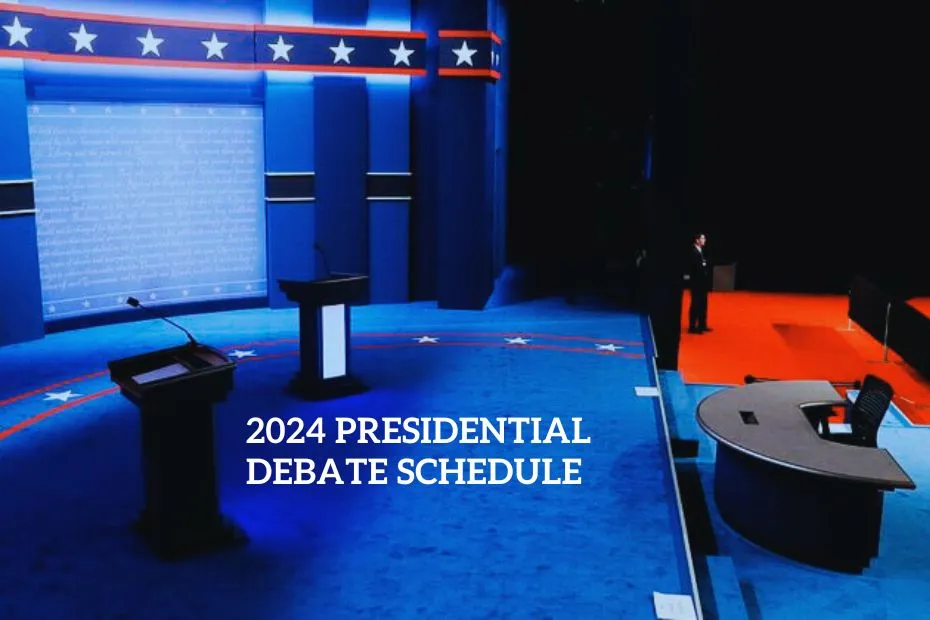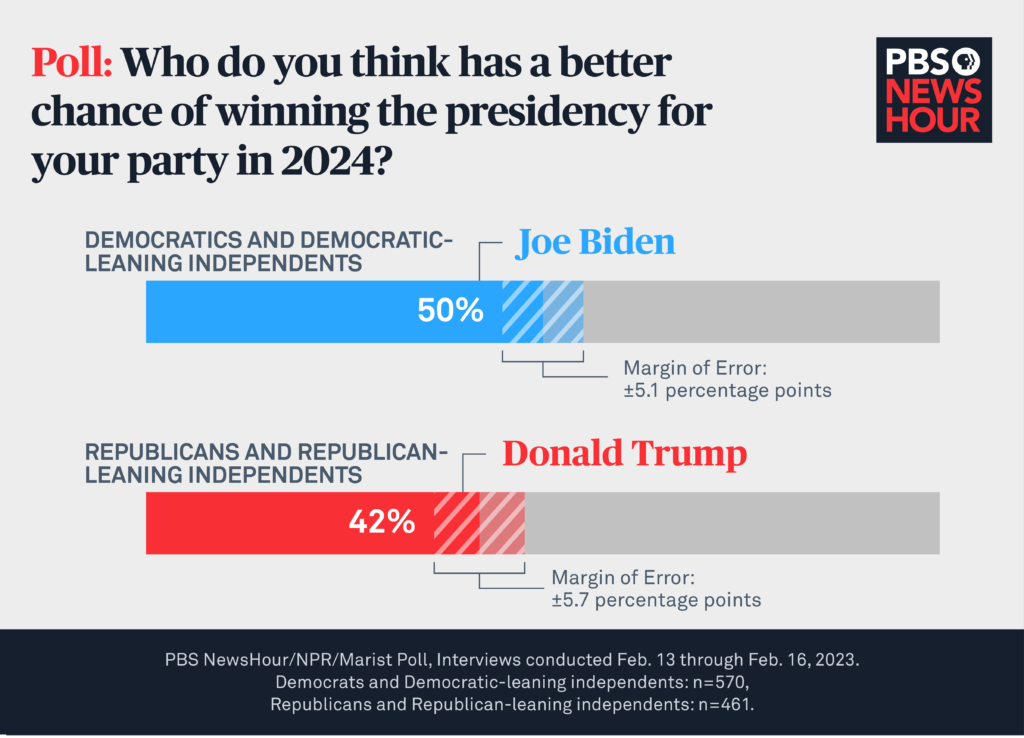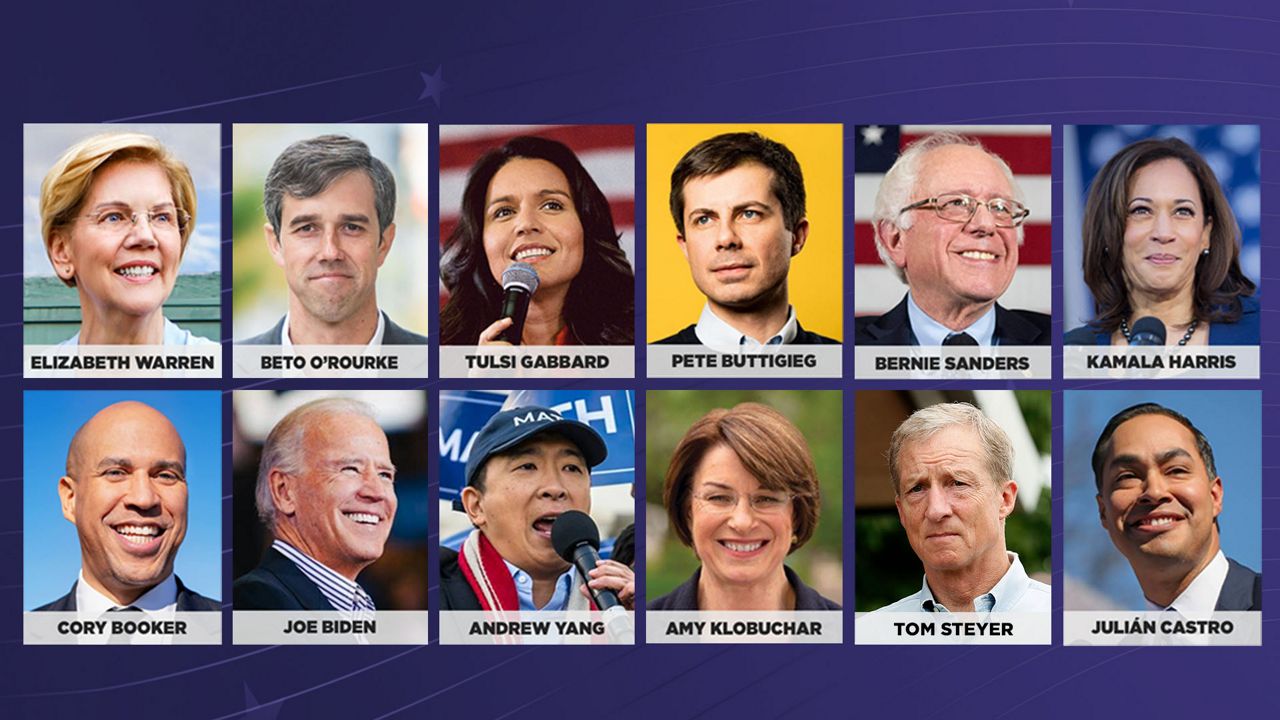Presidential Debate History and Significance

Presidential debates have become a cornerstone of American democracy, offering a platform for candidates to engage with voters and present their policy positions. While these debates have evolved significantly over time, their core purpose remains the same: to inform the public and provide a basis for making informed voting decisions.
Evolution of Presidential Debates
Presidential debates have undergone a transformative journey, reflecting the changing media landscape and evolving expectations of the electorate.
- The first televised presidential debate took place in 1960 between John F. Kennedy and Richard Nixon, marking a pivotal moment in political history. This debate, broadcast on black and white television, highlighted the power of visual communication and its impact on public perception.
- In the decades that followed, debates became more frequent and structured, with the Commission on Presidential Debates (CPD) assuming a central role in organizing and moderating these events. The CPD, a non-partisan organization, established guidelines for debate formats and candidate participation.
- The rise of cable news and the internet has further reshaped the landscape of presidential debates. With multiple channels and online platforms broadcasting these events, audiences have access to a wider range of perspectives and commentary. This has also led to increased scrutiny of debate performance and the potential for online discussions and social media commentary to influence public opinion.
Significance of Presidential Debates
Presidential debates play a crucial role in shaping public perception of candidates and influencing election outcomes.
- Debates provide voters with a direct and unfiltered view of candidates, allowing them to assess their personalities, communication skills, and policy positions. This firsthand exposure can be particularly impactful for undecided voters who are still forming their opinions.
- Debates can also serve as a platform for candidates to address key issues and articulate their vision for the future. This can help voters understand the candidates’ priorities and how their policies might impact their lives.
- Moreover, debates can influence media coverage and public discourse, setting the agenda for the campaign and shaping the narrative surrounding the election.
Influence of Debates on Election Outcomes
While it is difficult to definitively prove the causal link between debate performance and election outcomes, there are numerous examples where debates have been cited as contributing factors to electoral success or failure.
- The 1960 Kennedy-Nixon debates, as mentioned earlier, are often credited with influencing the outcome of the election. Kennedy’s confident and articulate performance, particularly on television, was perceived favorably by viewers, while Nixon’s appearance, marked by fatigue and a lack of energy, was seen as less compelling.
- In 1980, Ronald Reagan’s strong performance in the debates against incumbent President Jimmy Carter is widely considered to have helped him win the election. Reagan’s confident and optimistic demeanor, contrasted with Carter’s perceived pessimism and inability to connect with voters, resonated with the electorate.
- In 2012, Barack Obama’s debate performance against Mitt Romney was praised by many commentators, who argued that he successfully countered Romney’s attacks and articulated his vision for a second term.
Factors Influencing Debate Dates

The scheduling of presidential debates is a complex process influenced by various factors, including the electoral calendar, the preferences of the candidates, and the rules established by the Commission on Presidential Debates. This interplay of factors shapes the timing of these critical events, which play a significant role in shaping the narrative of the presidential election.
The Role of the Commission on Presidential Debates
The Commission on Presidential Debates (CPD), a non-profit organization, plays a crucial role in setting the dates for presidential debates. The CPD was established in 1987 to provide a neutral forum for presidential debates, and its decisions are based on several considerations:
- The Electoral Calendar: The CPD takes into account the key dates in the electoral calendar, such as the primary elections, the national conventions, and the general election. The debates are typically scheduled to occur after the national conventions, when the candidates have been formally nominated, and before the general election, allowing voters to compare the candidates’ positions on key issues.
- The Preferences of the Candidates: The CPD also consults with the campaigns of the major party candidates to determine their availability and preferences for debate dates. While the CPD ultimately sets the dates, it aims to accommodate the candidates’ schedules as much as possible to ensure their participation.
- The Number of Debates: The CPD typically schedules three debates between the major party candidates, although the number can vary depending on the circumstances. The debates are usually spaced out over a period of several weeks, allowing for sufficient time for the candidates to prepare and for the public to engage with the issues discussed.
Scheduling Practices Across Different Election Cycles
The scheduling of presidential debates has evolved over time, with different election cycles featuring different approaches to timing and format.
- Early Election Cycles: In the early days of presidential debates, the timing and format were less standardized. For example, the first televised presidential debate in 1960 between John F. Kennedy and Richard Nixon took place just three weeks before the general election.
- Recent Election Cycles: In recent election cycles, the CPD has adopted a more consistent approach to scheduling, typically holding the first debate in late September or early October, with subsequent debates spaced out over a period of several weeks. This approach allows for sufficient time for the debates to impact the election narrative without overshadowing the final weeks of the campaign.
Impact of Debate Dates on Campaign Strategies: Presidential Debate Dates
The timing of presidential debates significantly impacts campaign strategies, influencing candidate messaging, media coverage, and voter engagement. Candidates adjust their campaigns to maximize the impact of these crucial events, tailoring their messages and tactics to capitalize on the heightened public attention and scrutiny that debates bring.
Impact of Debate Dates on Campaign Strategies, Presidential debate dates
The debate dates play a pivotal role in shaping campaign strategies, influencing candidate messaging, media coverage, and voter engagement. Here’s how:
* Early Debates: Early debates are crucial for establishing a candidate’s presence and setting the tone for the campaign. Candidates often focus on introducing themselves, outlining their key priorities, and differentiating themselves from their opponents. They may emphasize their qualifications, experience, and policy positions to capture the attention of voters who are still forming their opinions.
* Mid-Campaign Debates: As the campaign progresses, debates become opportunities for candidates to refine their messaging, address emerging issues, and respond to attacks from their opponents. They may use these debates to highlight their accomplishments, criticize their opponents’ records, and emphasize their strengths on key issues.
* Late-Campaign Debates: Late-campaign debates are critical for mobilizing voters and reinforcing key messages. Candidates may focus on rallying their base, emphasizing their electability, and making a final pitch to undecided voters. They may also use these debates to address any lingering concerns and make a strong closing argument before Election Day.
Relationship Between Debate Dates and Campaign Events
The following table illustrates the relationship between debate dates and significant campaign events:
| Debate Date | Campaign Event |
|—|—|
| August 23, 2024 | Republican National Convention |
| September 12, 2024 | Democratic National Convention |
| September 26, 2024 | First Presidential Debate |
| October 10, 2024 | Second Presidential Debate |
| October 24, 2024 | Third Presidential Debate |
| November 5, 2024 | Election Day |
Mark your calendars! The presidential debate dates are finally here, and it’s time to dive into the political landscape. While we’re on the topic of political figures, it’s worth noting the incredible work of Gwen Walz, a woman who’s truly making a difference.
Gwen Walz is a powerful example of how individuals can drive change, and her story is truly inspiring. Now, back to those debates, let’s see what these candidates have to offer!
Mark your calendars! The upcoming presidential debates are set to be a whirlwind of political discourse, with each event promising fiery exchanges and insightful moments. But before we delve into the specifics of those dates, a crucial question arises: who will moderate the next presidential debate ?
The moderator’s role is paramount in ensuring a fair and balanced discussion, and their choice will undoubtedly shape the tone and direction of the debates. With the moderators set, we can then eagerly anticipate the dates and prepare for what promises to be a captivating political spectacle.

